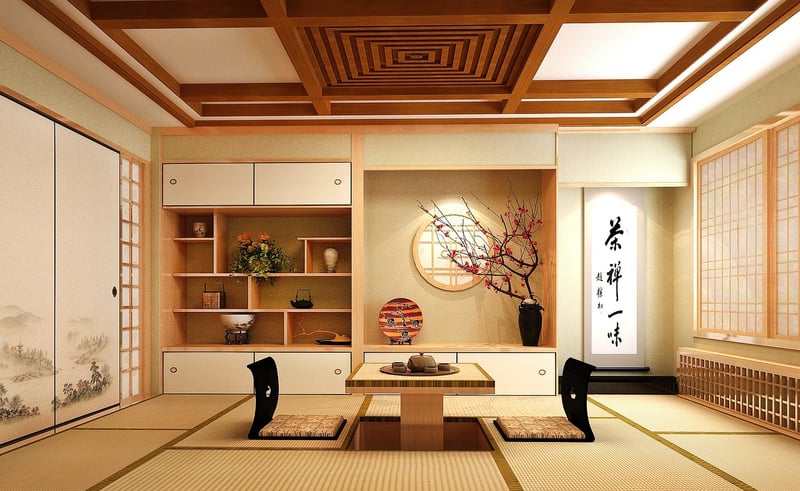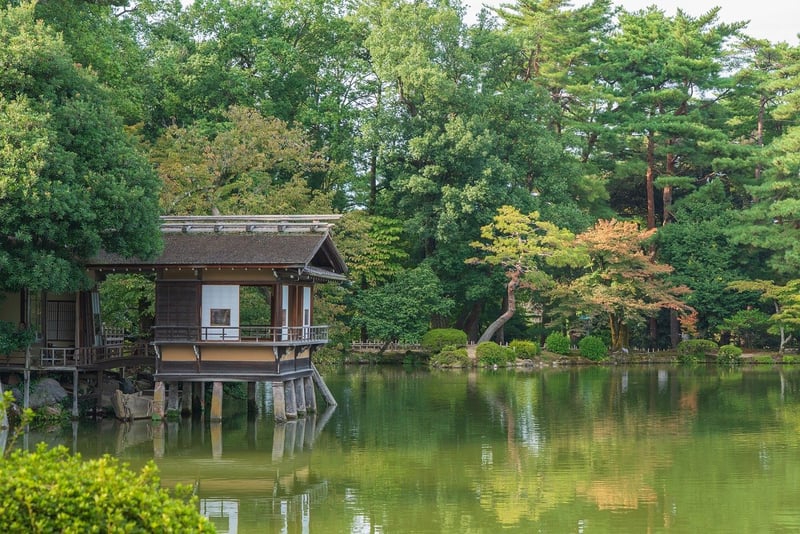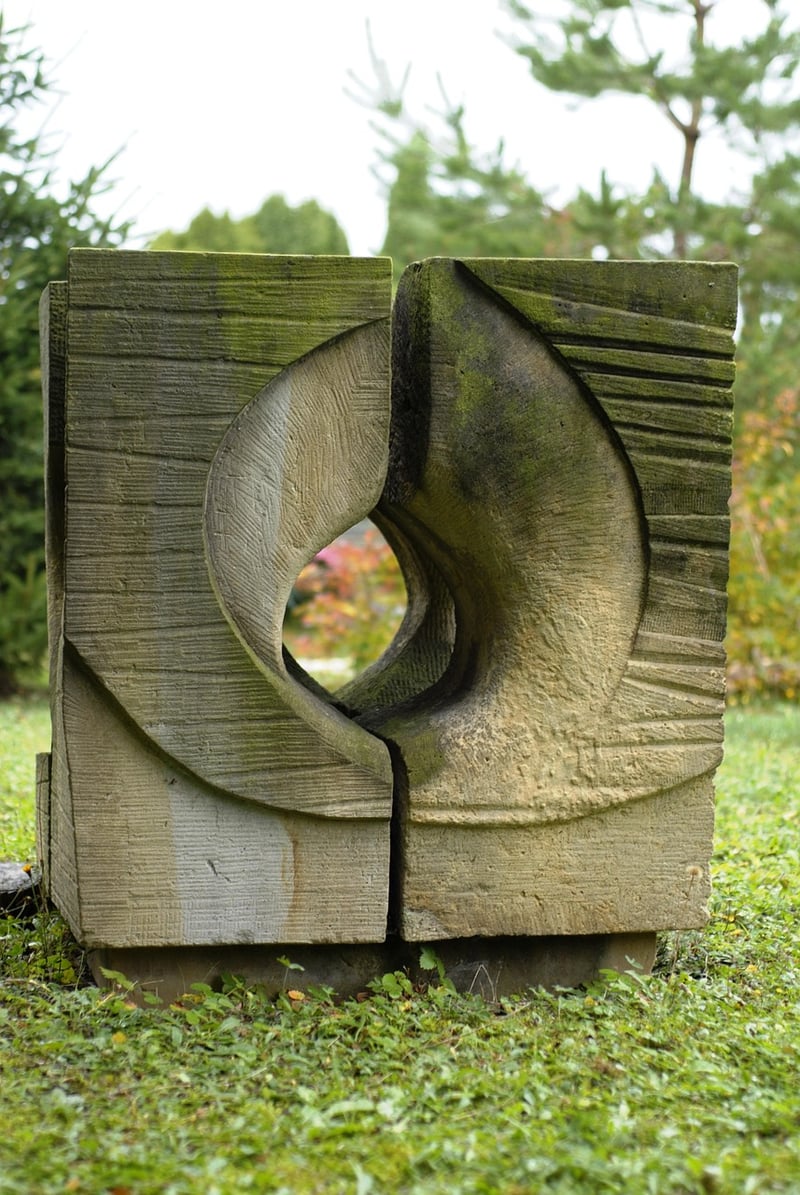Design Principles
#Meditation
#Minimalism
#Harmony
The Art of Zen Gardening and Design Principles
Zen gardening, also known as Japanese rock gardens or dry landscape gardens, is a traditional form of Japanese garden that dates back to the 14th century. These gardens are designed to evoke a sense of tranquility, simplicity, and mindfulness. They often feature rocks, gravel, sand, and minimalistic plantings to create a serene and contemplative space.
Key Elements of Zen Gardens:
- Rocks: Rocks are the backbone of a Zen garden, symbolizing islands, mountains, or other natural elements.
- Gravel or Sand: Raked gravel or sand represents water or waves and is used to create patterns that encourage meditation.
- Minimalism: Zen gardens follow the principle of "less is more," with simple and clean designs that promote a sense of calm.
- Plants: Sparse plantings like moss, pruned shrubs, or bonsai trees are strategically placed to complement the rocks and gravel.
Design Principles of Zen Gardens:
When creating a Zen garden, certain design principles are followed to achieve harmony and balance:
- Simplicity: Keep the design simple and uncluttered to create a sense of tranquility.
- Balance: Use asymmetrical balance to create visual interest and harmony in the garden.
- Harmony with Nature: Incorporate natural elements like rocks, sand, and plants to connect with the surrounding environment.
- Empty Space: Embrace empty spaces to allow for contemplation and reflection.
- Symbolism: Choose elements with symbolic meanings to enhance the garden's spiritual essence.
Examples of Zen Gardens:
Here are some renowned Zen gardens that exemplify the beauty and serenity of this art form:
- Ryōan-ji - A famous Zen rock garden in Kyoto, Japan, known for its carefully arranged rocks and raked gravel.
- Ginkaku-ji - The Silver Pavilion in Kyoto features a stunning dry sand garden with a cone-shaped mound symbolizing Mount Fuji.
Benefits of Zen Gardening:
Zen gardening offers numerous benefits, including:
- Stress reduction and relaxation
- Enhanced mindfulness and focus
- Aesthetic beauty and visual appeal
- Connection with nature and the present moment
Embrace the art of Zen gardening to create a peaceful oasis that nourishes the soul and cultivates a sense of inner harmony.


